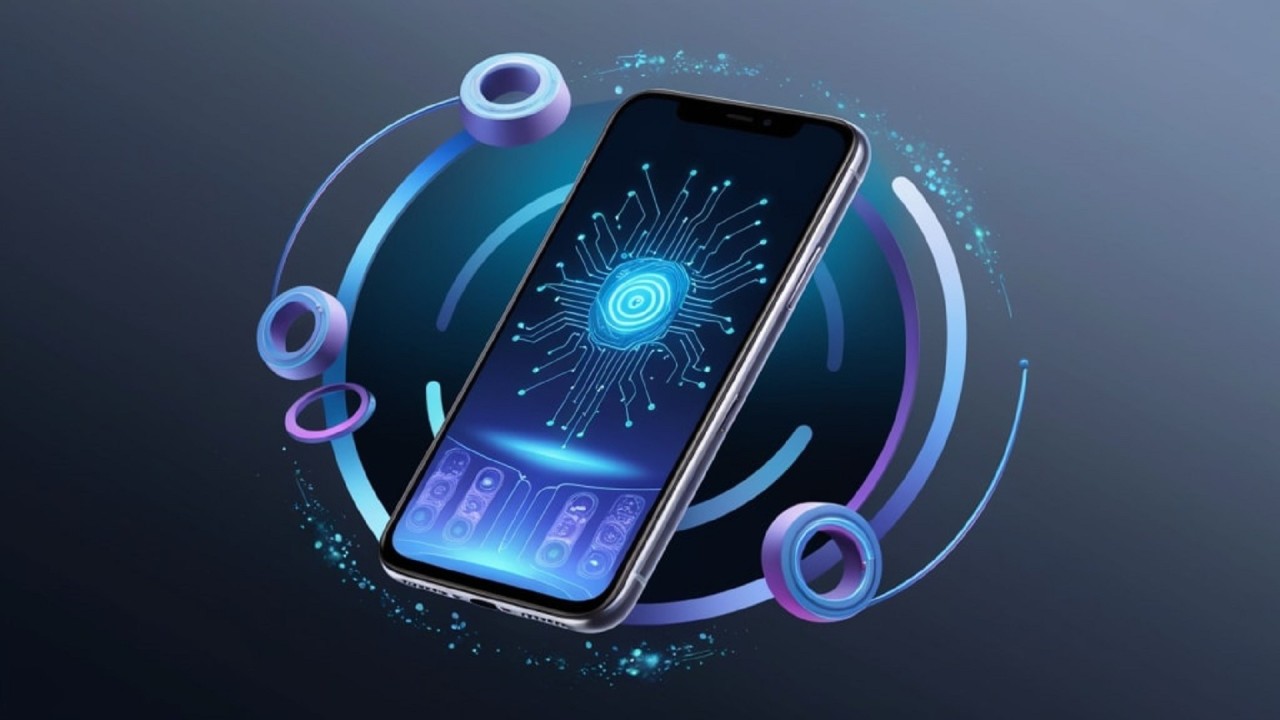Imagine waking up to the soft glow of your phone’s alarm. You grab it, and within seconds, your favorite news stories, the weather, and a reminder for your morning run are all ready. As you sip your coffee, you open a music app, and a playlist appears — somehow perfectly matching your mood. Later, you navigate traffic with GPS directions, order groceries with a single tap, and even get personalized workout suggestions.
You might not realize it, but AI — artificial intelligence — is quietly orchestrating much of your digital day. From the apps you open to the content they show, AI is everywhere, making your experience smoother, faster, and more personalized than ever.
The Morning Wake-Up Call
Take your alarm app, for example. It’s not just ringing at 7 a.m. because you set it. Many apps now learn your sleep patterns. They notice when you hit snooze, track when you are most likely to wake up naturally, and adjust the alarm accordingly. AI analyzes your behavior, ensuring you wake up refreshed instead of groggy.
Even the weather or news apps you check first thing in the morning rely on AI. Algorithms scan thousands of sources to deliver stories you’re most likely to care about, without you having to dig for information.
Music, Podcasts, and Personalized Entertainment
Next, you open your music app. Have you ever wondered how it seems to know exactly what you want to listen to? Behind the scenes, AI is analyzing your listening habits, identifying patterns in the songs you love, skip, or repeat.
Apps like Spotify, Apple Music, or YouTube Music use AI to generate playlists tailored just for you — from discovering new artists to reminding you of old favorites. Even podcasts are suggested based on your interests and listening behavior.
It’s as if the app has a little assistant, silently observing your tastes and learning how to surprise you in delightful ways.
Getting Around: AI in Navigation
Later, you head out the door. Your GPS app doesn’t just give you directions — it predicts traffic, estimates your arrival time, and even suggests alternate routes if there’s a jam. How does it know all this?
AI algorithms analyze real-time traffic data, historical patterns, and user reports. Your navigation app learns not just the fastest route, but the route that fits your habits — like avoiding a busy street you never like taking. This is AI quietly reducing stress in your daily commute.
Shopping and Recommendations
After work, you decide to do a bit of online shopping. You open an app, and the first products you see seem oddly familiar — almost like the app read your mind.
That’s AI again. Recommendation engines track your browsing history, purchases, and even items you lingered on without buying. Based on this data, AI predicts what you might want next and shows it to you first.
Even seemingly small features, like a “frequently bought together” suggestion, rely on AI analyzing massive amounts of data from millions of users — helping you save time while encouraging smarter (or sometimes impulse) buying.
Health and Fitness: AI as Your Coach
Maybe you hit the gym in the evening. Your fitness app tracks your steps, calories, heart rate, and even sleep. Over time, it starts offering tips tailored to your goals — whether that’s losing weight, improving endurance, or just staying active.
AI in these apps doesn’t just monitor your activity; it learns your habits, recognizes patterns, and suggests adjustments. It’s like having a personal coach in your pocket, constantly adapting to help you stay healthier.
The Invisible Helpers
Even when you aren’t consciously interacting with AI, it’s shaping your experience. Spam filters in email apps, fraud detection in payment apps, and even smart photo sorting in your gallery all rely on AI.
It’s easy to take these features for granted. You might not see the algorithms at work, but their impact is undeniable — saving time, reducing frustration, and personalizing your digital life.
The Bigger Picture
The power of AI in apps isn’t just about convenience. It’s about learning from millions of users, identifying patterns, and making intelligent predictions to improve your experience.
Think of AI as a silent assistant who knows what you need, often before you do. And while it’s making apps smarter, it’s also shaping the way we live, shop, work, and even relax.
Final Thoughts
The next time your playlist feels perfect, your GPS avoids traffic, or your shopping app knows exactly what you want, remember this: AI is the invisible hand guiding your day. It’s not magic, and it’s not intrusive — it’s learning quietly in the background, helping millions of people navigate life faster, smarter, and more seamlessly.
From the moment you wake up to the moment you go to sleep, AI is woven into the apps you use every day — and chances are, you don’t even notice it. That’s the beauty of technology designed well: it makes life easier without asking for attention.
